The independence of the US Federal Reserve—a principle long viewed as foundational to economic stability—is under renewed scrutiny as President Donald Trump intensifies his criticism of Fed Chair Jerome Powell and flirts with the idea of intervening in central bank policy.
Trump’s repeated public demands for the Federal Reserve to lower interest rates, and recent remarks suggesting Powell should be removed, have reignited debate about political interference in monetary policy. On Friday, Trump stated:
“If we had a Fed Chairman that understood what he was doing, interest rates would be coming down.”
Shortly after, the White House confirmed it is exploring whether it has the legal authority to dismiss Powell—an idea that, while controversial, isn’t entirely without precedent.
Central banks are generally structured to function independently from short-term political pressures, allowing policymakers to prioritize long-term economic goals like inflation control and employment. Analysts and policymakers alike warn that any political attempt to influence Fed decisions—particularly for short-term economic or electoral gains—could undermine global market confidence.
The pressure on the Fed comes at a time of rising public skepticism about Trump’s economic strategy. A recent CNBC survey found that 55% of Americans disapprove of his handling of the economy—the first time he has received a net negative score on this front during his presidency. The data also show growing pessimism among Americans regarding future economic conditions and stock market performance.
Meanwhile, Federal Reserve officials have maintained their stance. Powell, speaking last week in Chicago, reiterated that the central bank must remain vigilant in controlling inflation, which could be exacerbated by Trump’s proposed tariffs. The Fed is expected to keep rates steady in the near term as it assesses the full impact of these trade measures.
Overseas, China’s central bank held its loan prime rates steady, signaling its focus on currency stability rather than aggressive economic stimulus. Beijing has also issued a strong warning that it would respond with “reciprocal countermeasures” to any country that aligns with Washington to isolate China—raising geopolitical tensions just as the US considers using trade policy as a tool to curb China’s global influence.
Chicago Fed President Austan Goolsbee noted over the weekend that current US economic activity may be temporarily elevated as businesses and consumers rush to make purchases ahead of potential tariff increases. However, he cautioned that activity could “fall off” by summer, potentially complicating the Fed’s efforts to balance growth and inflation.
Markets have already shown sensitivity to this uncertainty. The Nikkei 225 in Japan dropped 1.3% while US and European markets were closed for the Good Friday holiday, offering temporary relief from volatility.
Beyond monetary policy, the Trump administration is reportedly drafting a sweeping executive order to restructure the US State Department. The order would reduce America’s diplomatic footprint in Southern Africa and shutter offices that focus on democracy, human rights, and international cooperation.
Investors, however, are expected to shift some attention this week to the earnings season, with major tech firms Tesla and Alphabet reporting their first-quarter results. While tariff concerns linger, corporate earnings may temporarily take center stage.
Though Trump appointed Powell as Fed Chair in 2018, their relationship has grown increasingly tense. Critics warn that any move to unseat Powell without clear cause could shake confidence in the dollar and the broader US financial system. Senator John Kennedy, a Trump ally, pushed back on the idea, stating:
“I don’t think the president, any president, has the right to remove the Federal Reserve chairman.”
For now, Powell appears committed to fulfilling his term through 2026.
CNBC, Bloomberg, and Business Insider contributed to this report.
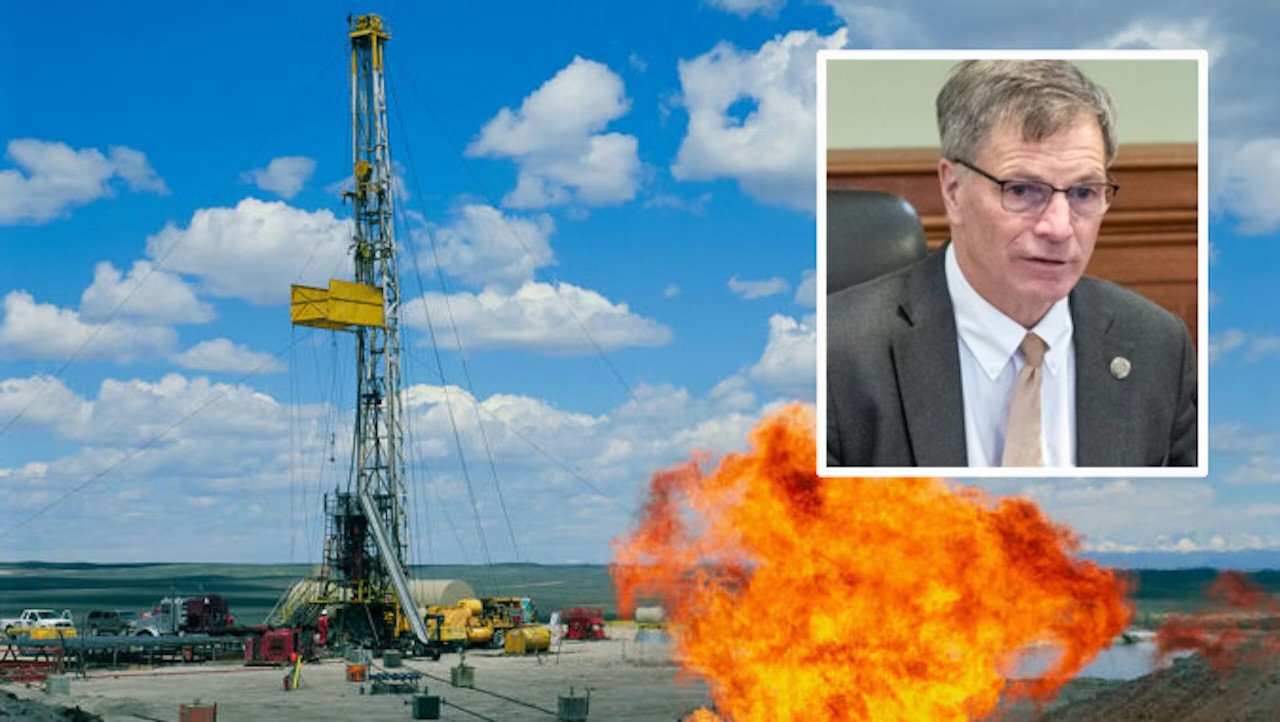

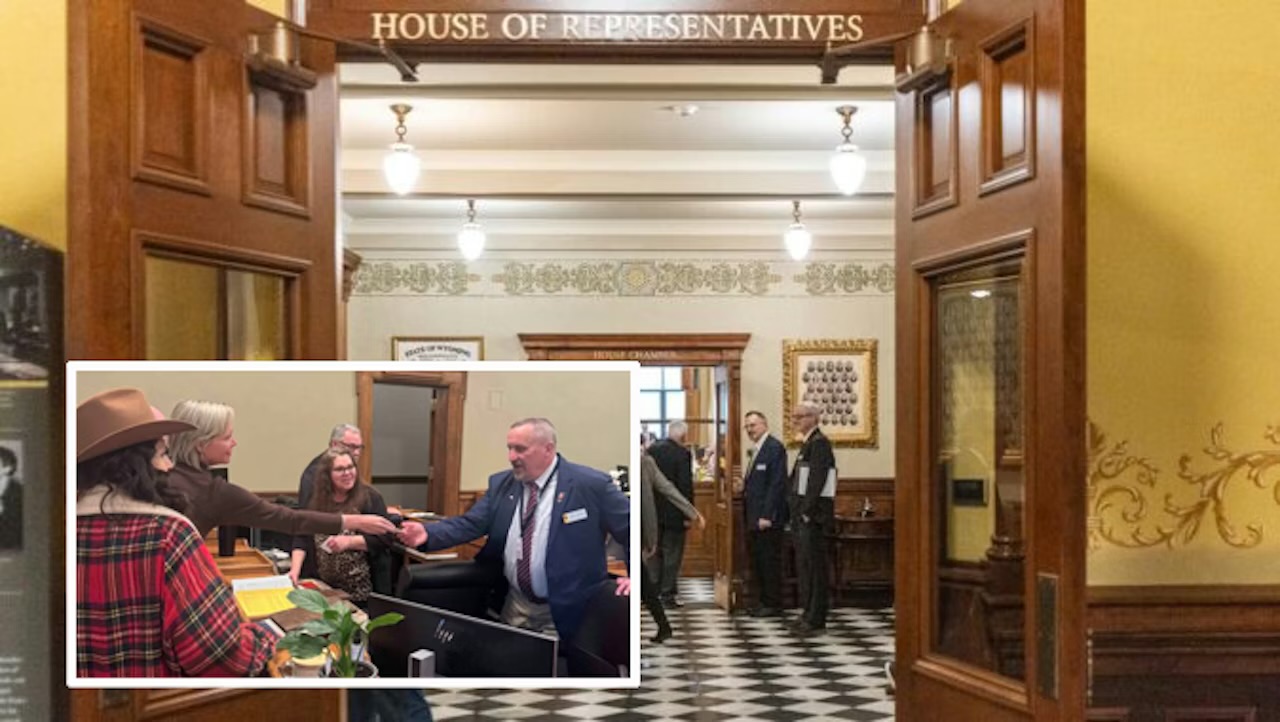
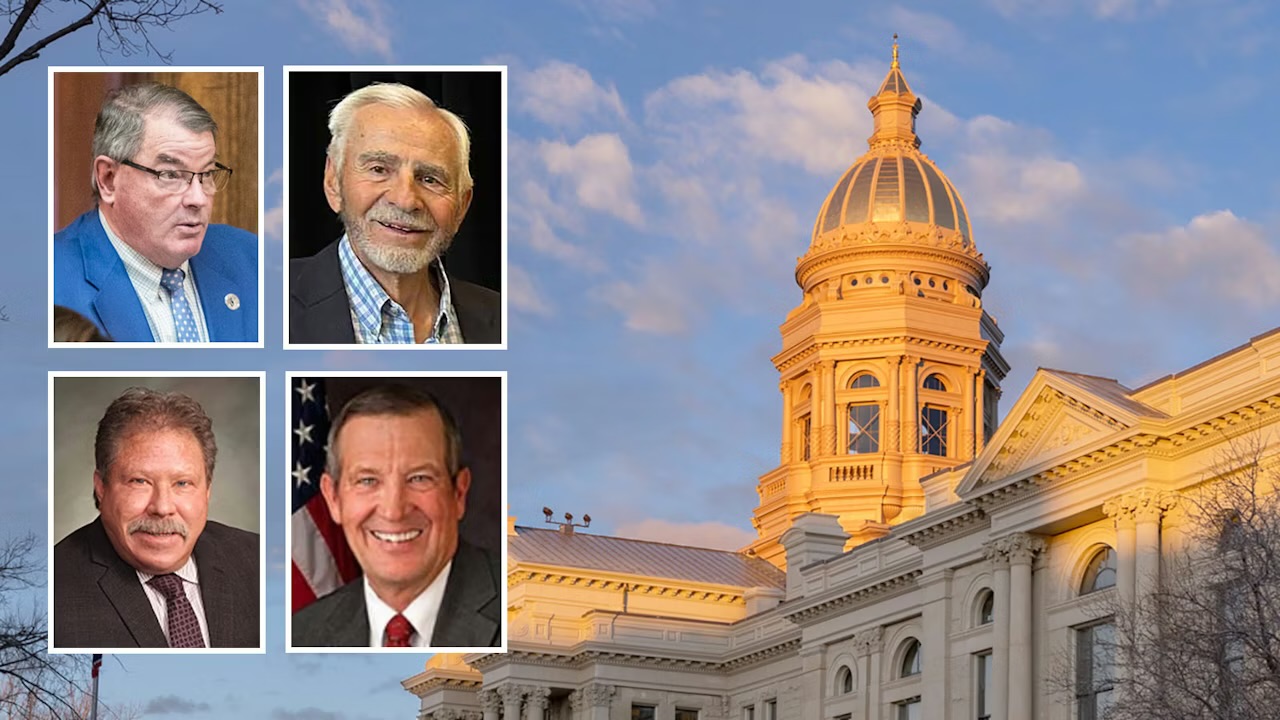
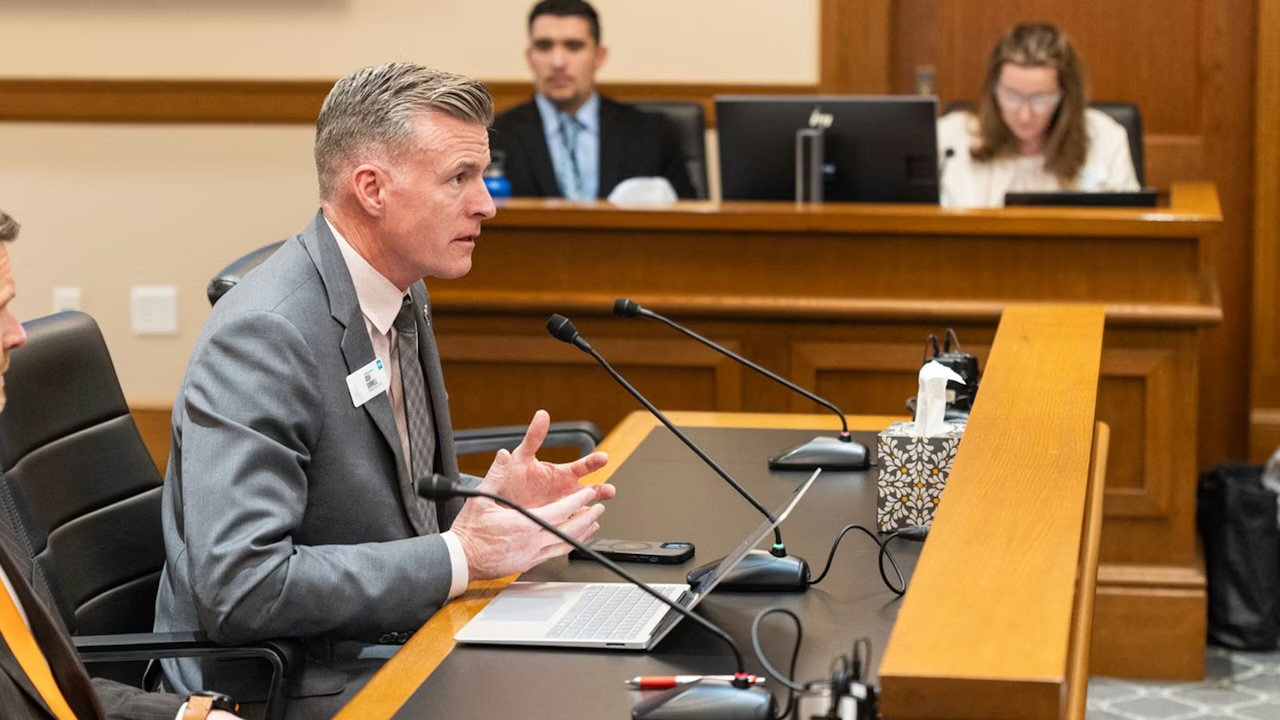
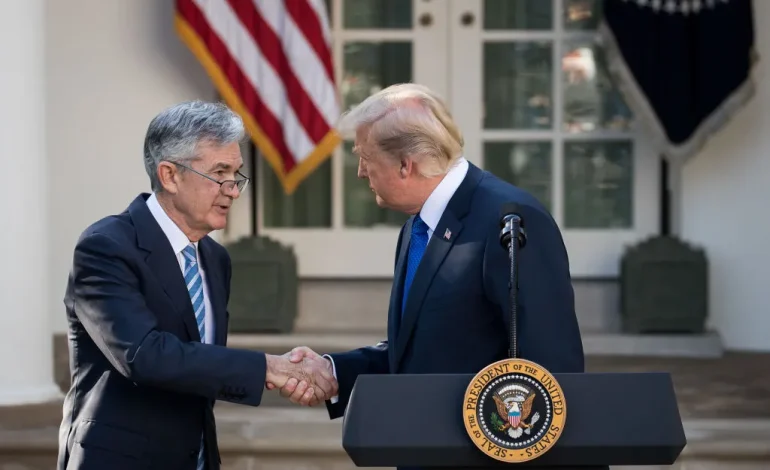




The latest news in your social feeds
Subscribe to our social media platforms to stay tuned